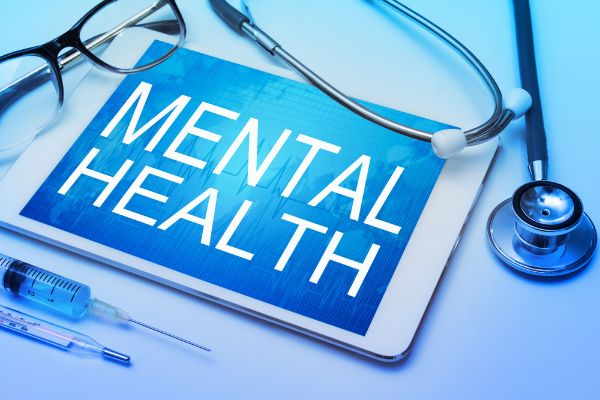Children who are
determined by the Social Security Administration (SSA) to be disabled
prior to age 22, and who remain unmarried and disabled as an adult, may become
eligible to receive a Social Security (SS) benefit when
their parents begin receiving SS retirement or disability benefits. This is called the a Childhood Children’s Disability
Benefit (CDB). A child under age 18at any age
with a disability may be entitled to Supplemental Security Income (SSI) from
SSA and may later transition to CDB or Disability Insurance Benefits (DIB,
based on earnings and inability to work full-time). In the past, such a transition was automatic
because of the prior disability determination. However, this is no longer
the case due to a secret (unpublished) policy change by the Social Security
Administration. The new policy impacts
entitlements based on a mental impairment or HIV that were awarded prior to
January 17, 2017 and where a new claim for CDB or DIB was filed AFTER that same
date.
The policy change is based on an internal agency memorandum issued February 14,
2019, that the agency has refused to publish or release. Avram Sacks, a
Special Needs Alliance member and Social Security expert, obtained and shared a
copy of the memorandum.
The underlying basis for the memorandum is that the medical criteria for
establishing disability on the basis of a mental impairment or HIV was changed
by final rules issued September 26, 2016, which became effective January 17,
2017. (81 Fed Reg 66138). The new rules are lengthy, but, in short,
more restrictive in terms of who can qualify for SS disability on the basis
of a mental impairment or HIV.
The agency notice, AM 18029, was issued to all field offices and disability
determination services offices and announces that as of the date of the notice,
the field office “will no longer make collateral estoppel decisions in
disability determination, regardless of the impairment…” As
a result, in such cases, all new claims will be sent to Disability
Determination Services for a new determination of disability.
According to Sacks, this can lead to anomalous results. Although Junior
may have been found disabled at age 18 in 2010, he could very easily be found
to NOT be disabled on a CDB claim filed in 2019! Why
“easily?” That is because disability claims based on mental
health are among the most difficult to prove, particularly where cognition is
not severely impacted. Assessments are much more subjective.
Sacks mentioned speaking with the SSI claims rep at a local field office to
reschedule a client meeting. The client is on SSI and has now worked
enough quarters at sufficient income to qualify for DIB. A notice asked
him to bring in a checkbook for direct deposit information on his DIB claim.
However, when the attorney attempted to confirm with the claims rep that
that was all that was needed to confirm the DIB claim, she stated that the
client will need to bring in medical records and any other evidence to prove
his entitlement. This was NOT in the notice to the client.
This is a trap for
the unwary because the client will not know that the claim has to be proven as
a new claim. It will not be sufficient to provide the same evidence used
to prove the initial claim. Current evidence of disability will also
need to be provided. And, in the case of a claim for CDB after age 22,
evidence of disability for the entire period subsequent to age 22 will need to
be provided in order to demonstrate the disability existed continuously from
age 22.
As a practical matter, such cases should be handled like any other first-time
disability claim. The SSA is certainly going to be treating the claim as
a first-time claim. And, because the criteria, in most cases, will be
more stringent than it was previously, you should not assume that the same
evidence or similar evidence will suffice to prove the case.
